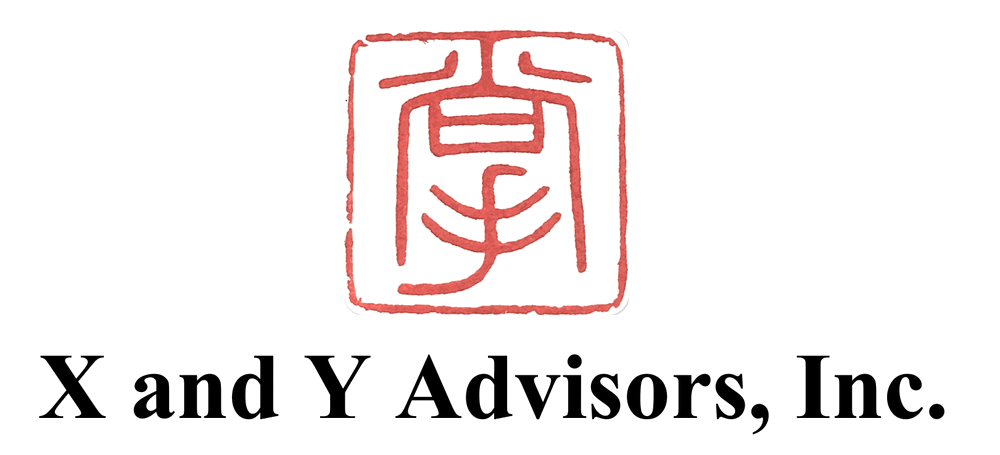Like many of you, I am a huge fan of the sign-up bonus offered by credit card companies. I don't consider myself as a credit card churner who is trying to get the bonus by opening and closing credit card accounts consistently. I only open new credit cards when I have large purchases or a travel plan. We haven't spent money on hotels for years not even for the five nights at one of the best hotels in London for our honeymoon and multiple short trips in the U.S. Again we are planning to have a trip to the Walt Disney World in Orlando this year for free. I always joke that the value of a travel hacking technique like proper arrangement to get sign-up bonus can easily justify our financial planning fees.
There are tons of resources online about how to maximize credit card points and miles, how to make a fancy trip for free, and many other travel hacking and credit card churning techniques. As a financial planner, instead of focusing on those very motivational things, I would like to remind you of four things that can be easily overlooked when churning credit cards. I will also share with you some of my own lessons and tips that I learned over the years.


